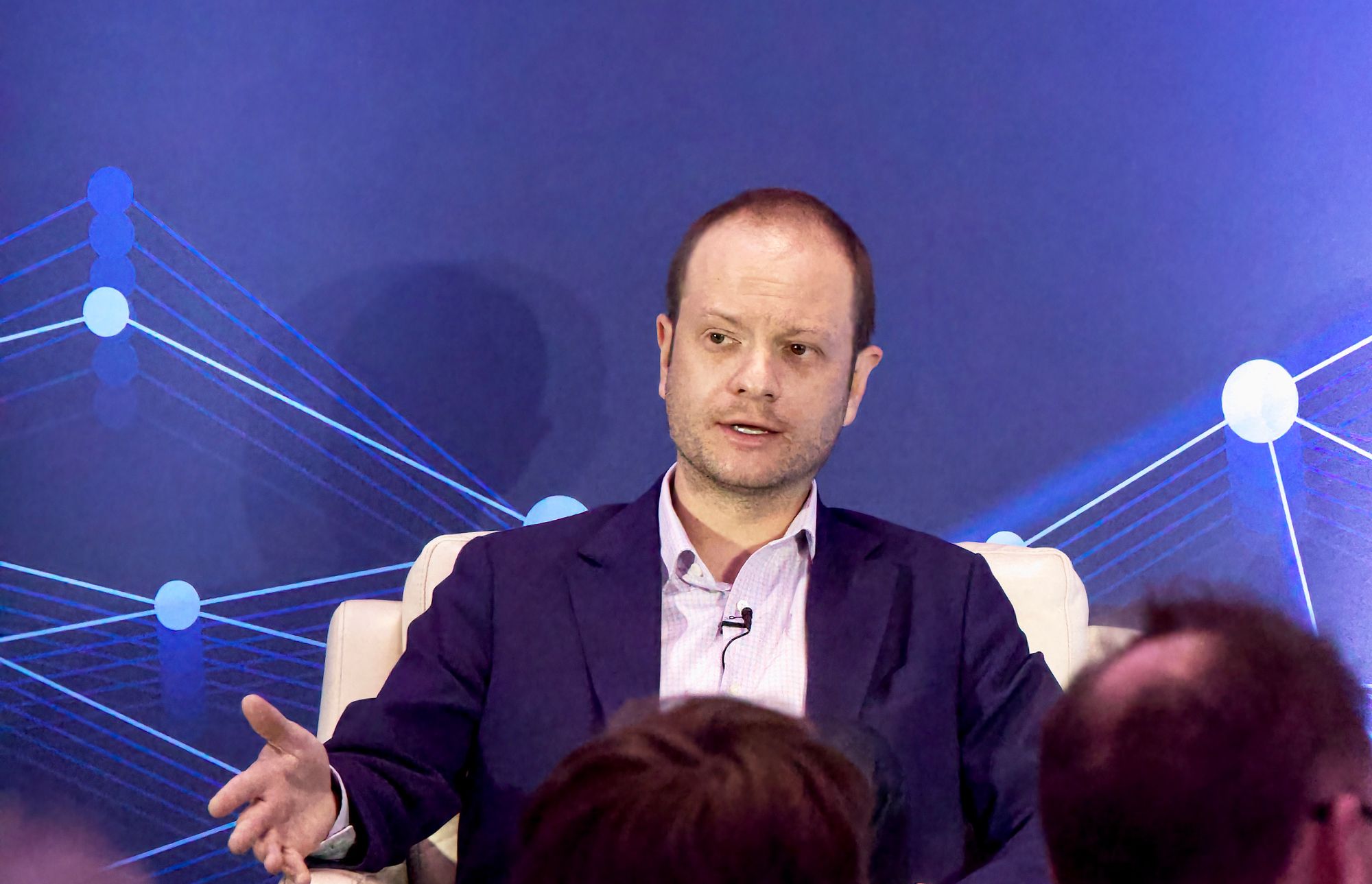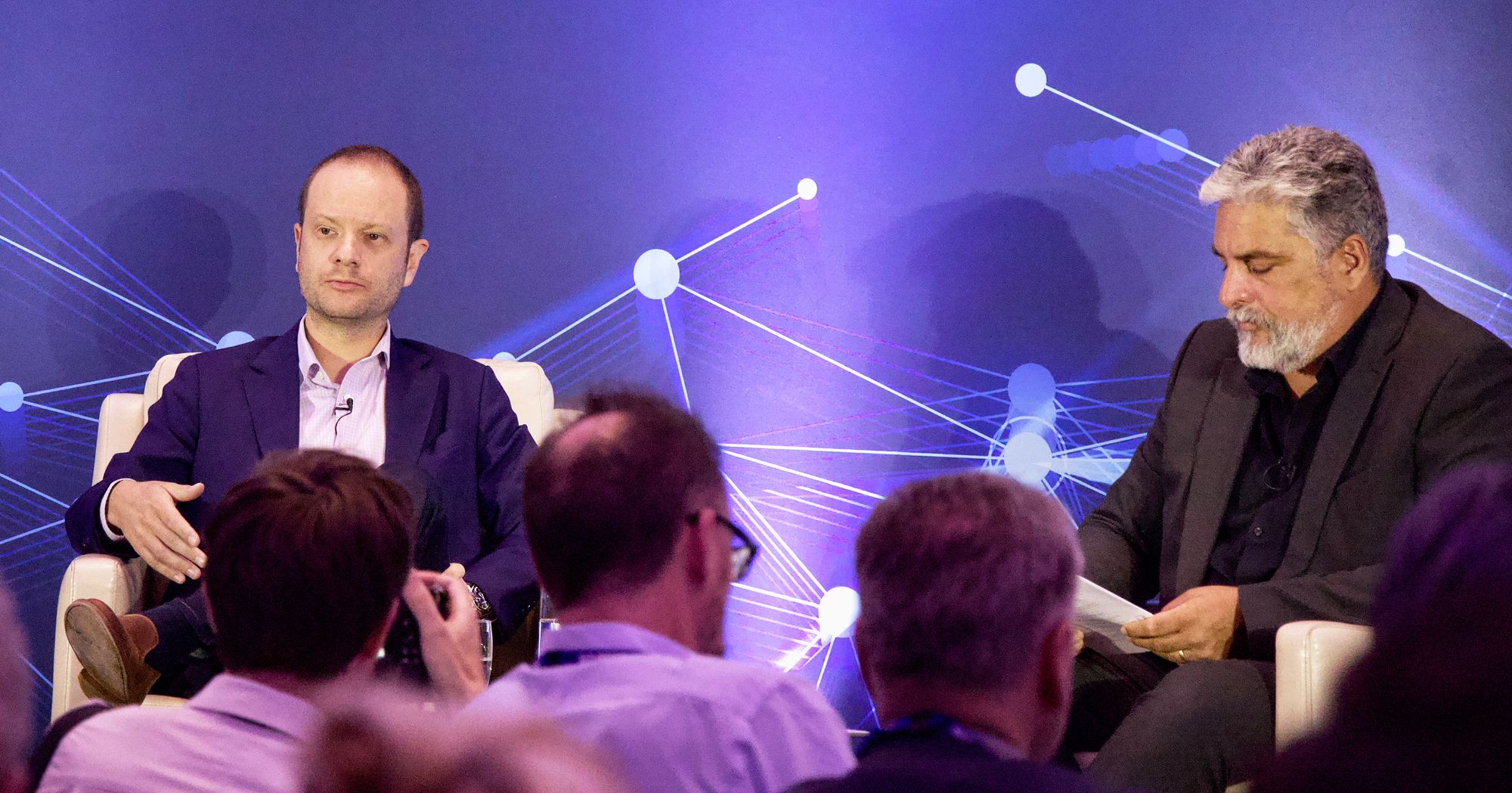
Matt Monahan, Arc XP: what AI means for publishers
An insight into what AI could mean for journalism, from the CMS platform backed by Jeff Bezos and used by the Washington Post.
A discussion between Matt Monahan, chief technology office, Arc XP and Dominic Ponsford, editor-in-chief, Press Gazette.
Publishers need to ask themselves what their value chain is. Many publishers think they just write stories – well, that’s a problem. LLMs can do a pretty good job of that, with human assistance. So, what do you do that’s unique? John’s example of pressing on a mattress is a good example.
Publishers should focus on what they do that’s unique, and automate the mundane stuff with AI.
AI “hallucinations” are just predicting what could come next. Sometimes it predicts the right answer, but sometimes it doesn't – it’s not designed to product facts, just language. But those limitations won’t last forever.
AI as a productivity assistant
Arc is building productivity tools into their product – including headline suggestions, or testing different forms of copy against each other. But some things open up new fields – like mass translation of content. Sure, it needs to be checked and edited, but LLMs are pretty good at translations. It’s not perfect, but it’s good.
Publishers are using it to access markets that are closed to them today, and if there’s an audience for them there, and then they can invest there.
“It’s a practical technology, which differentiates it from previous hype cycles,” he says.
Should you let LLMs train on your content?

But should you allow OpenAi to train on your content? Probably not. That’s the easy one. “Rushing into giving away content for free to create better models? They need that content to create that better model,” he says. And so publishers should think about the value of that relationship.
Besides, you don’t need to give up your IP to take advantage of these tools.
But Google is more challenging. You can’t block them without blocking the search crawler. Every publisher out there needs to be forming a standpoint on how they work with these models. However, it is a transformative technology. It will impact everyone who is involved in content creation. Even in copywriting, there’s a lot these tools can do.
You need a strategy around this, and develop an internal core competency in understanding with these models can do.
Safe jobs, risky jobs
Hot takes based on a tweet: that’s the first category to be automated. Creating original photos or videos? There’s real value there. Creating written content will get cheaper over time. Right now, we create one piece of content for everyone, but in the medium term, LLMs can take that original content and create highly targeted and segmented versions of it.
He’s really bullish on video overall. Some companies are using AI to automatically create video, but the most valuable content will be primary source video. It costs money, but it’s worth the price of admission. If you work for a media company that has people in the field, you could already be creating primary source video – but you need to invest in training and systems.
Sign up for e-mail updates
Join the newsletter to receive the latest posts in your inbox.










